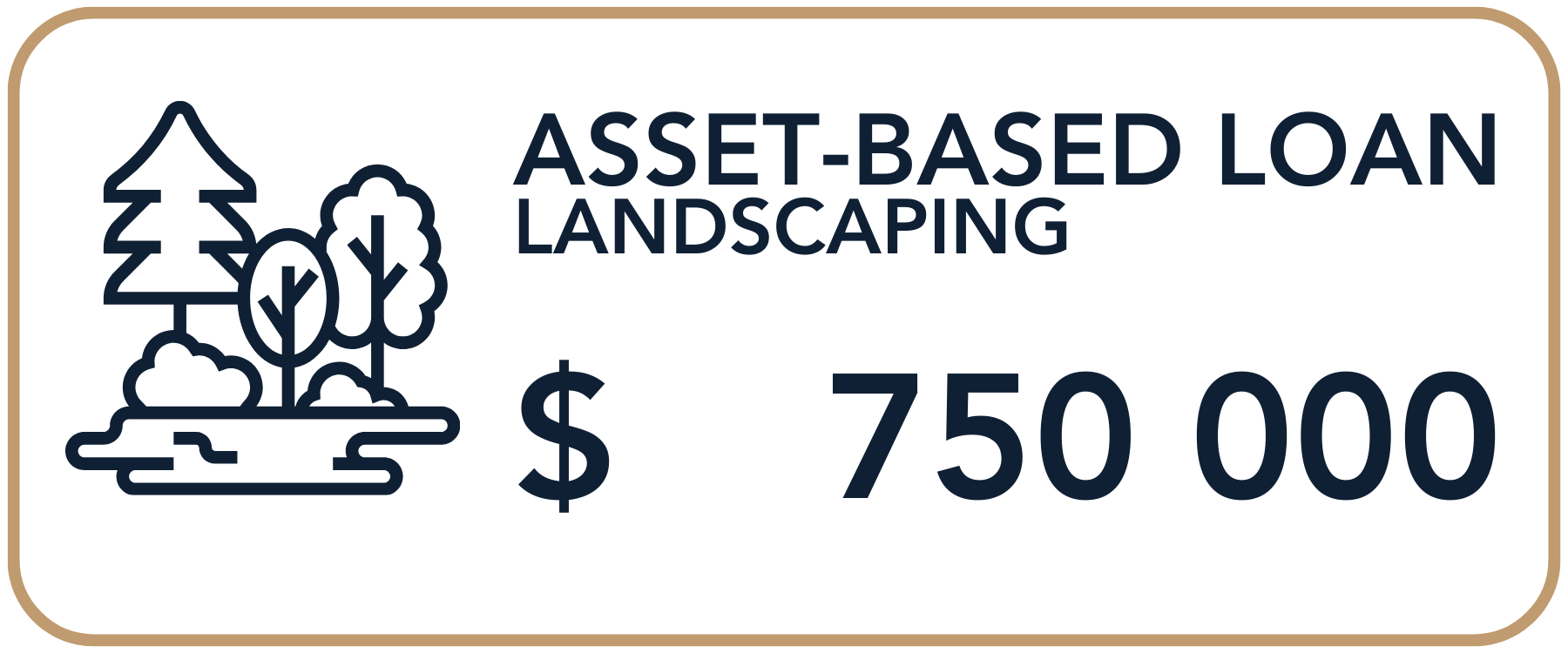What Is Working Capital and Why Does It Matter in Construction?
Working capital is the difference between current assets and current liabilities. It measures a firm’s short-term financial health. It ensures that construction businesses’ daily operations run smoothly without financial hiccups.
Balancing these assets and liabilities is crucial. Construction projects often involve substantial upfront costs and unpredictable payment schedules, making it essential to have enough working capital to cover immediate expenses.
An efficient working capital strategy supports operational agility. This allows your business to handle unexpected costs and invest in new projects. Maintaining liquidity is key to staying competitive in the construction industry.
In summary, working capital matters because it enables companies to:
Meet short-term obligations
Fund ongoing operations
Invest in growth opportunities
Understanding and managing working capital effectively can enhance your business’s financial health and project success. It also contributes to nurturing strong client relationships by ensuring projects are delivered on time.
Our Success Stories
Common Cash Flow Challenges for Canadian Construction Businesses
Cash flow challenges can seriously impact construction businesses in Canada. Delays in client payments often top the list. Construction firms frequently wait long periods to receive payments for completed work.
Project cycles can be lengthy and unpredictable. This ties up resources for extended periods without immediate returns. Consequently, businesses may struggle to pay suppliers or staff on time.
Other challenges stem from fluctuating market demands and seasonal projects. These create financial pressures during periods of slower activity.
Recognizing these challenges is the first step. Addressing them through strategic financial management can improve cash flow stability and enable firms to focus on growth.
The In’s and Out’s of Invoice Factoring
Receivables financing, known as invoice factoring, is a flexible financial solution. It involves selling outstanding invoices to a third party, called a factor. In exchange, you receive immediate cash.
This method helps bridge cash flow gaps. The factor advances a percentage of the invoice’s total value, usually around 70-90%. When the customer pays the invoice, the factor releases the remaining amount, minus a fee.
The fee is typically based on the credit risk of the invoiced client. This makes factoring a viable option for businesses needing quick liquidity without incurring additional debt. Businesses can thus focus more on core operations rather than collections.
Understanding how receivables financing works is essential. It can boost cash flow and reduce financial strain. Construction companies should consider how this aligns with their payment cycles and cash needs to maximize benefits.
Benefits of Receivables Financing for Construction Companies
Receivables financing offers construction companies several advantages, particularly in terms of cash flow management. Timely cash access allows businesses to promptly meet operational needs and tackle unexpected expenses. This kind of financing can enhance overall financial stability.
Unlike traditional loans, invoice factoring doesn’t add to your debt load. Instead, it leverages your existing receivables. This keeps your balance sheet clean and makes financial statements more attractive to potential investors or lenders.
Another significant benefit is the reduced administrative burden. Handling accounts receivable and collections can be a resource-intensive process. By outsourcing this task, companies can focus on core activities. Factoring also mitigates the risk of bad debts.
These advantages help construction firms maintain smooth operations, allowing them to pursue growth opportunities and ensure timely project delivery.
Learn More in Our Education Hub
Considerations Before Choosing Invoice Factoring
Selecting receivables financing requires careful evaluation of your construction business’s needs and goals. Consider the costs involved, as factoring fees can vary based on your clients’ creditworthiness. These fees could impact your profit margins.
Examine the terms and conditions of the factoring agreement closely. Understanding these details can prevent unwanted surprises. Ensure the factoring arrangement aligns with your business’s cash flow cycles and project timelines .
It’s also crucial to assess the reputation and reliability of potential financing partners. A strong relationship with a trustworthy partner can provide valuable support and financial flexibility. Evaluate their customer service and how well they integrate with your operations.
Is Receivables Financing Right for You?
Receivables financing offers a practical way for Canadian construction firms to maintain cash flow without incurring debt. By factoring invoices, businesses can bridge financial gaps and focus on growth.
Don’t let slow-paying clients hold your business back any longer. EBF is more than just a lender; we’re your financial partner, committed to providing ethical and flexible solutions that support your needs. Our team of experts understands the unique demands of the Canadian construction industry.
Take control of your cash flow and unlock your business’s potential. Reach out to EBF or fill out our online form to schedule a no-obligation consultation. We are always here to help!































